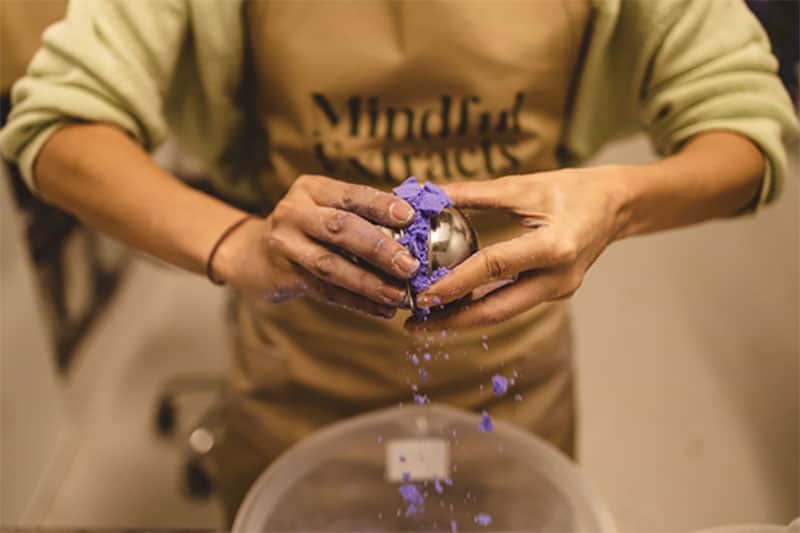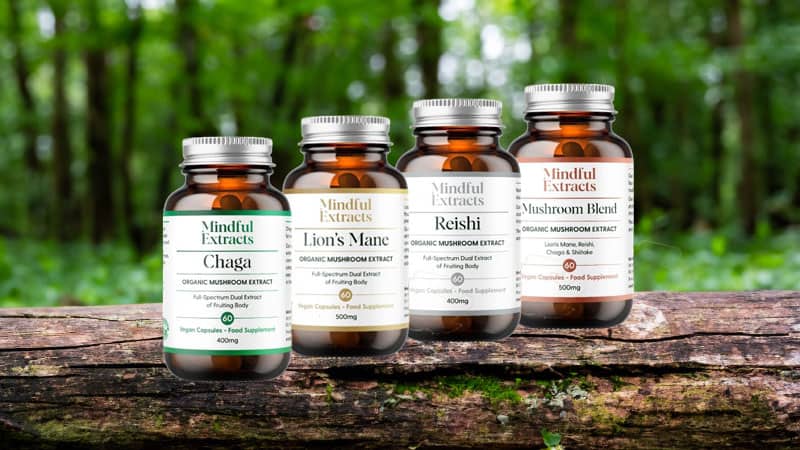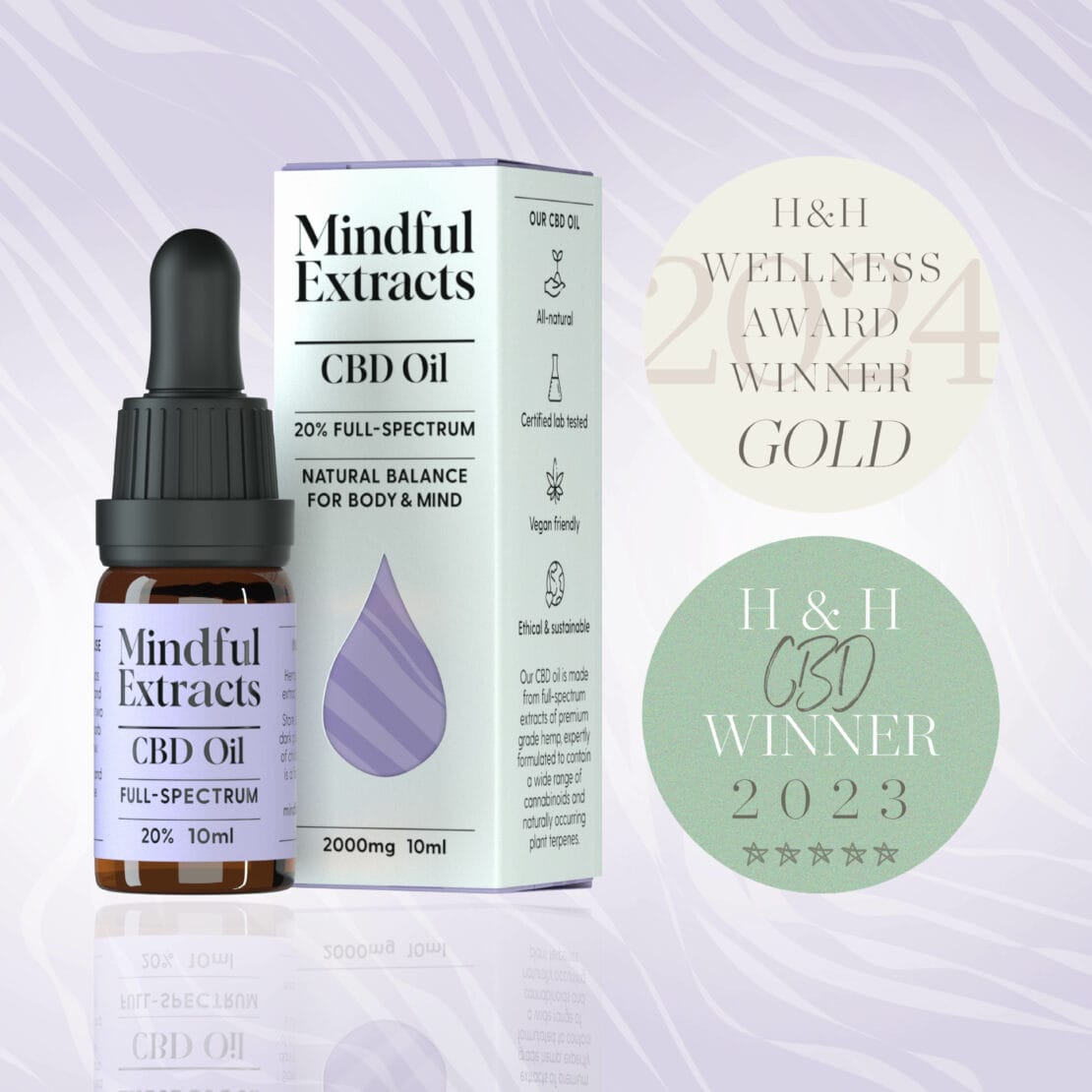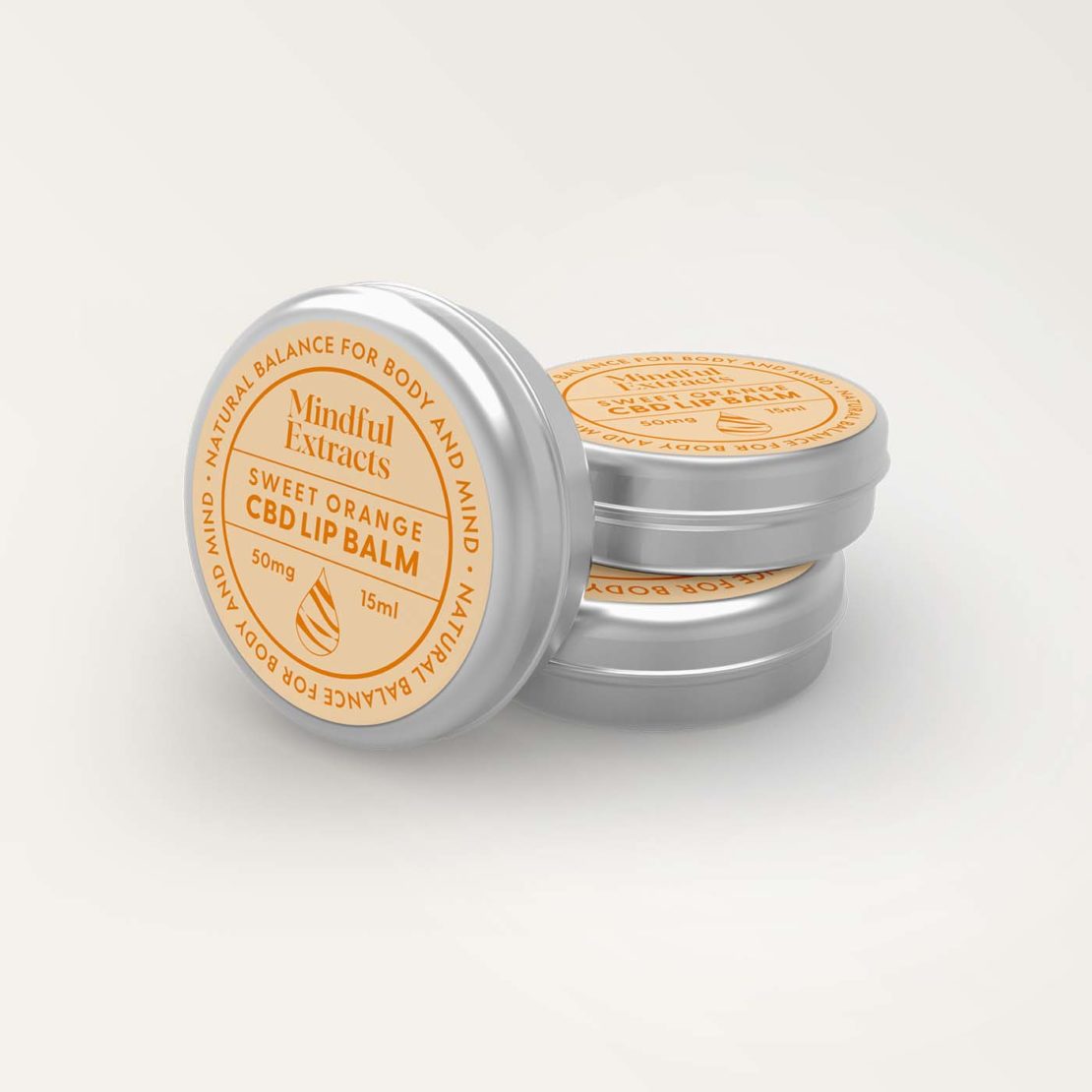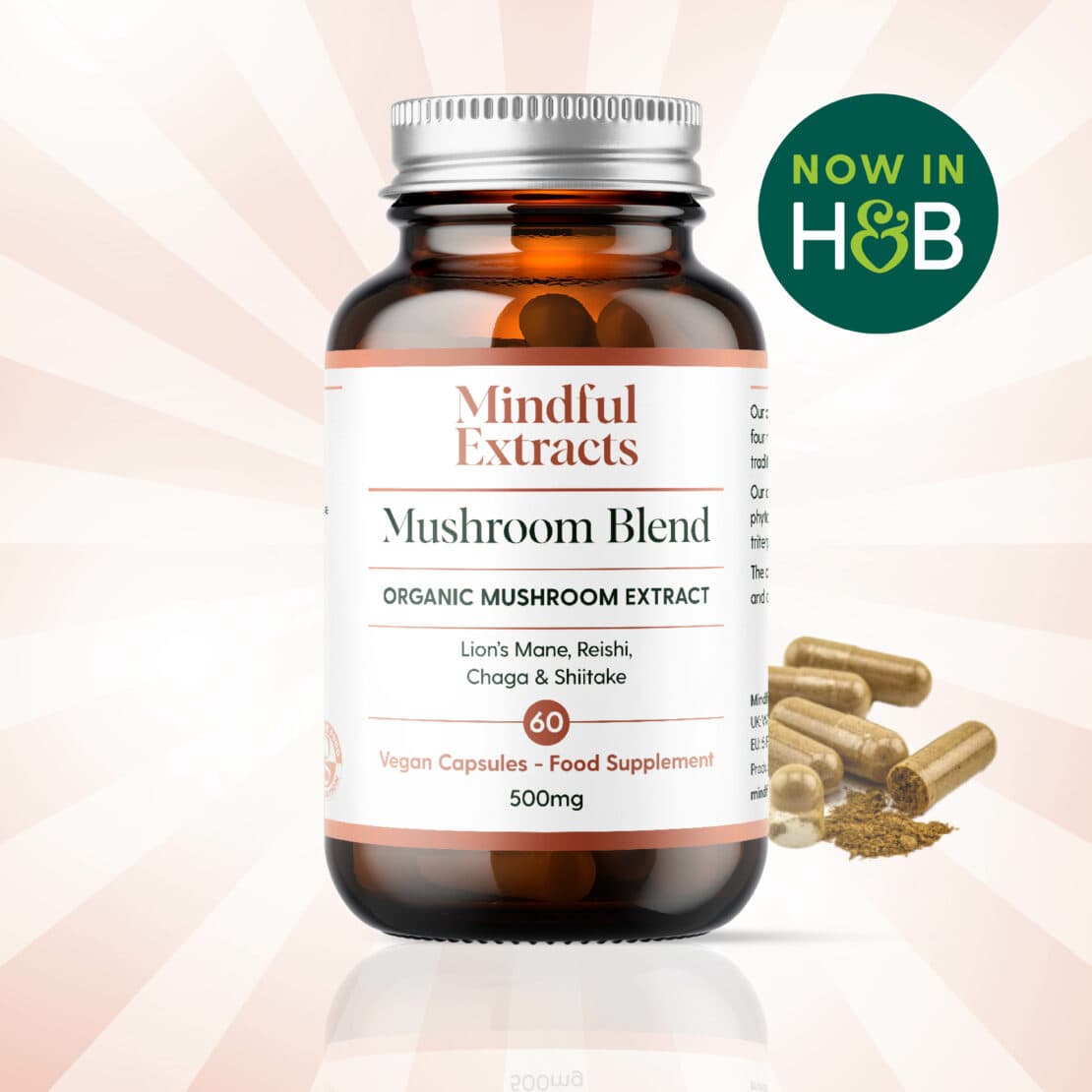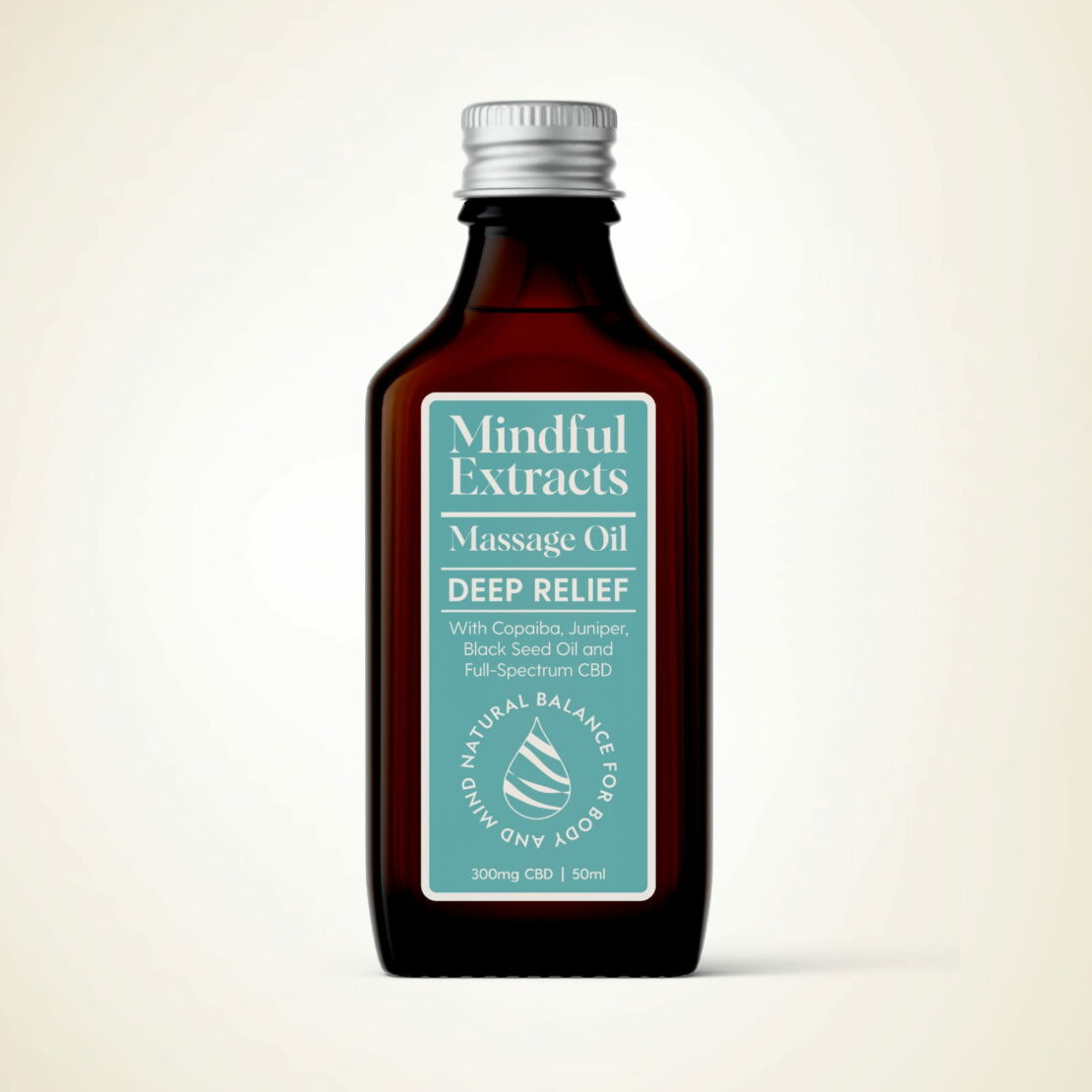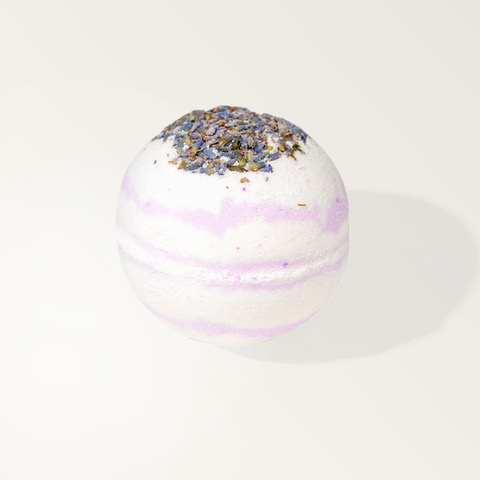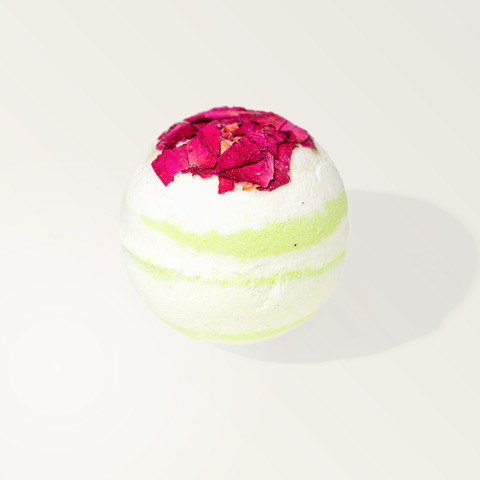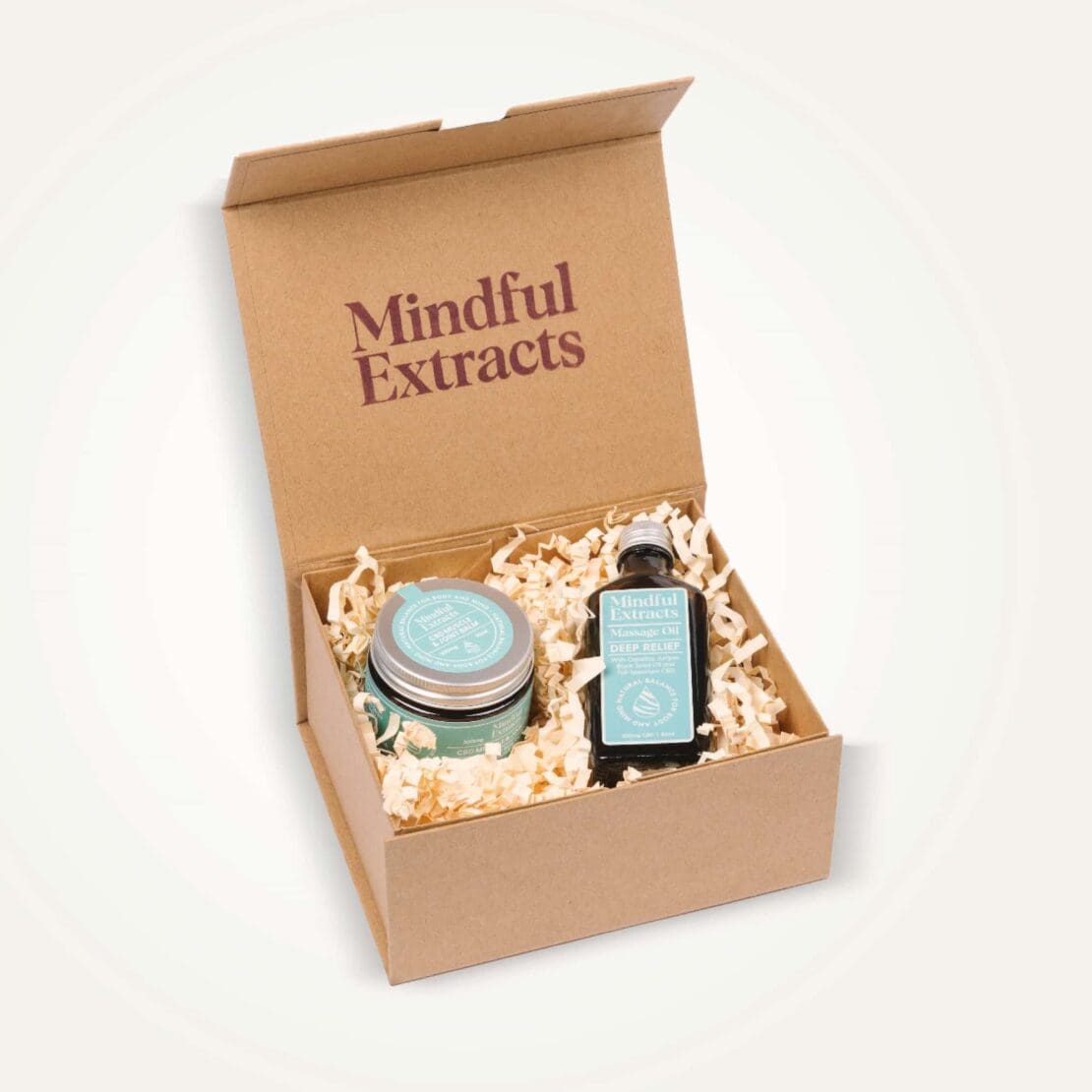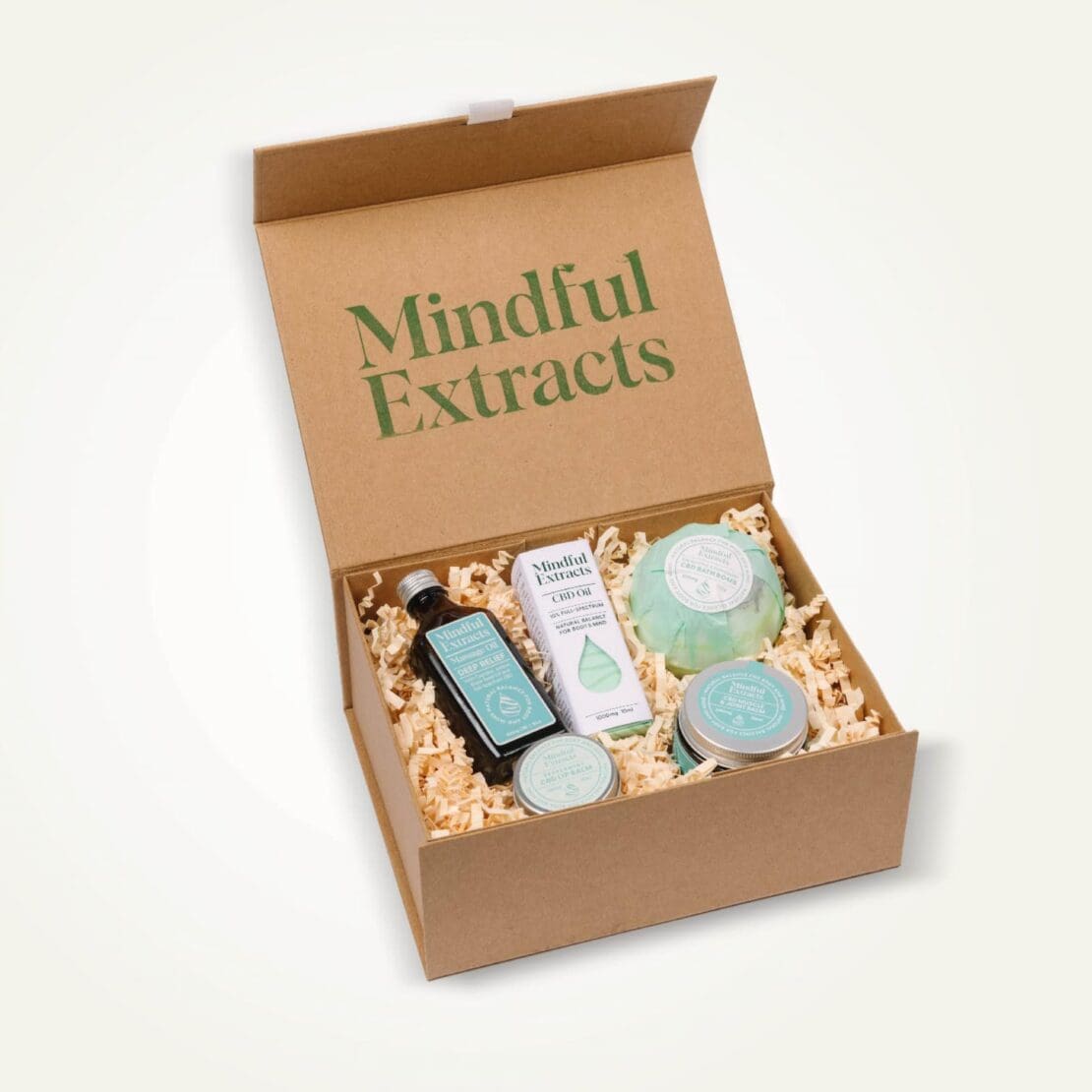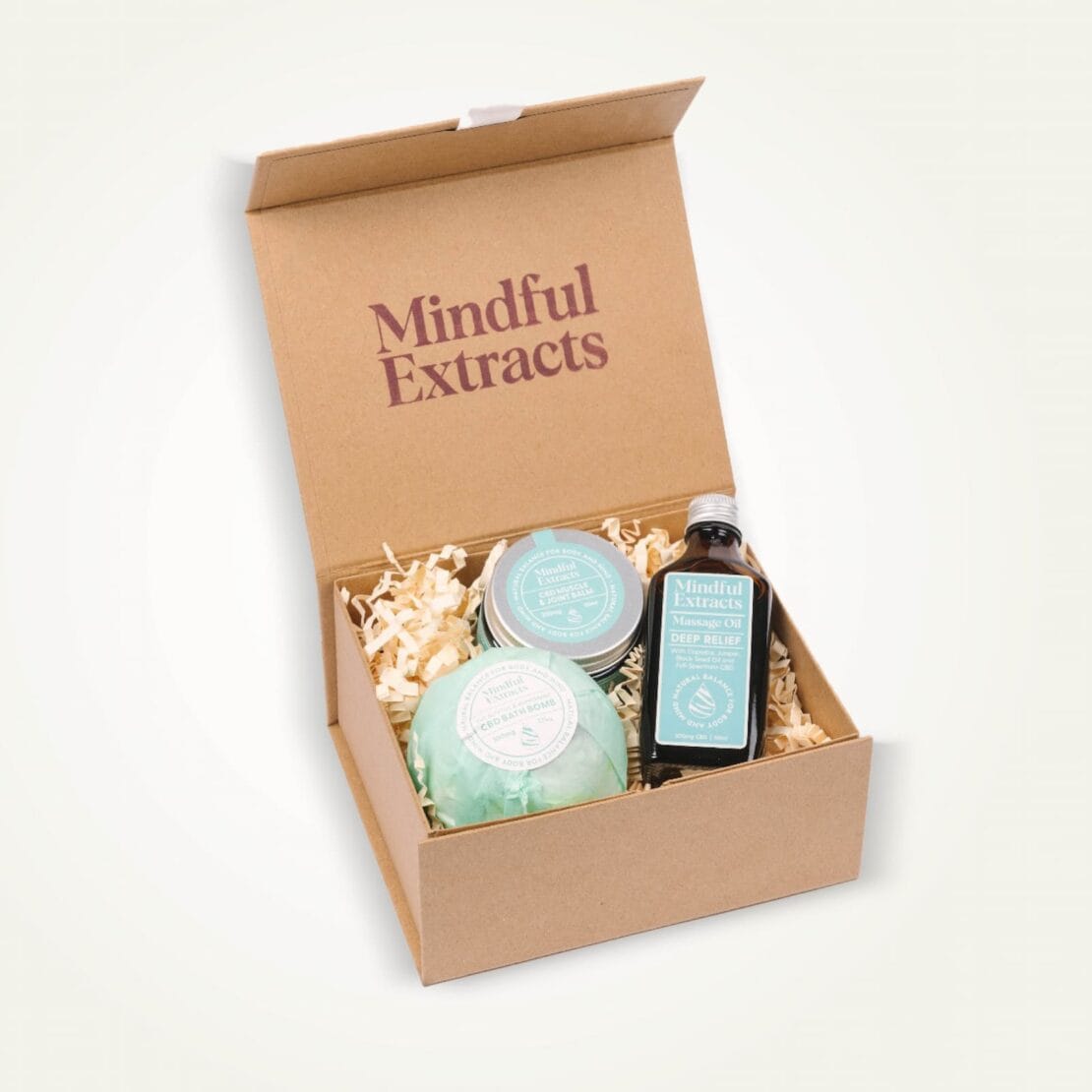With our busy lifestyles it is easy to forget to check in with our mental health along the way. Often, we need to remind ourselves to slow down by creating ways to help us connect our mind with our body for a positive relationship with our mental health. It is only when we truly understand our thoughts and feelings that we can do them justice in our everyday actions to live the life we deserve.
With some simple self care, everyone can manage stress in their own lives in a more successful manner and prepare us to deal with difficult circumstances in a positive way.
Recognising stress
Stress manifests itself in different ways for all of us. Often we push our feelings away to keep going and it can boil over as irritability, impatience or anger, while sometimes we just cant stop our thoughts racing and we become anxious. Long term stress can lead to depression, a loss of interest in life and relationships and even have physical responses such as back pain, headaches, high blood pressure and tiredness.
Taking time to calm the body and mind and notice these changes can help us identify when things are getting on top of us and make positive steps to becoming free of stress.
Our top five ways to reduce stress
Exercise
Introducing exercise into your daily routine can dramatically relieve stress. Exercise naturally reduces cortisol (known as the ‘stress hormone’) – and helps release endorphins such as serotonin, which naturally improve your mood. It can also help to improve sleep deprivation caused by stress. Activities like yoga and tai chi are particularly good at enhancing mood and reducing stress and anxiety.
As well as the physical health benefits that exercise has on reducing stress levels, it can also make you feel more comfortable in your body, which in turn promotes mental well-being.
Write it down and let it go
Writing about how you are feeling can help you understand and rationalise your problems and identify any changes you need to make to your situation. Many of us find ourselves stressing about uncertainty and getting it down on paper helps to combat symptoms of stress. Organising and prioritising your workload can also be a powerful way of feeling less overwhelmed.
When we write down what we are grateful for in this moment, often we realise that we have been catastrophising unnecessarily. We begin to see our life situation more clearly, problems we have created for ourselves dissolve and we can take positive steps in clarity.
A problem shared is a problem halved
Letting others know how you feel and taking the time to explore problems from a different perspective can help us to relieve stress. Sometimes when we are in the grips of stress we close ourselves off and hide our true feelings, but having a support network and opening up to friends and family can help us get through stressful times.
There is no shame in seeking professional help when things get on top of us – your GP will be able to make recommendations and signpost you in the right direction.
Don’t be afraid to say no
Feeling overwhelmed can quickly spiral into stress, especially when we have too little time and too much to do. Not everything that causes us stress is within our control but learning to say no is one way to relieve it. Be particular about what you choose to take on and brave enough to say no when your mental capacity is full.
Also, having some ‘me time’ alone can give you the space around you to work on yourself. Try to schedule some time each day to relax and take stock.
Practice mindfulness – be in the moment
We strive to be busy and fill our diaries with plans to make the most of every day, but how can we begin to enjoy the day if we are not present in the moment? Being anxious about where we want to be in the future, as well as chewing over the past, is a key source of stress in our lives. Living in the moment, just as it is right now, can instantly reduce feelings of stress.
Practicing mindfulness can make you more aware of your thoughts, and in turn help you to step back from them and not let them control you or your emotions. As well as becoming more aware of your own emotions, you become more in tune with the people around you, meaning you can help keep others happy and are less likely to get into a stressful conflict.
If you’re new to mindfulness we have some great guided mediations available here to get you started. We also highly recommend the eight week Mindfulness Based Stress Reduction courses which are widely available and scientifically proven to reduce stress.
 Free Delivery on all orders over £40
Free Delivery on all orders over £40 

